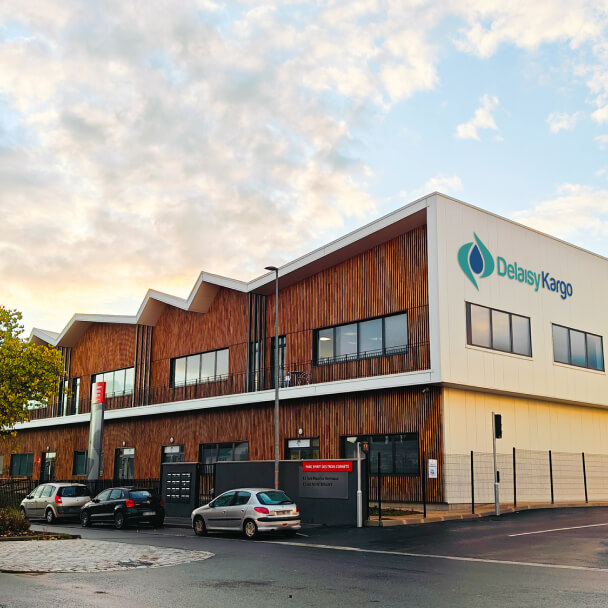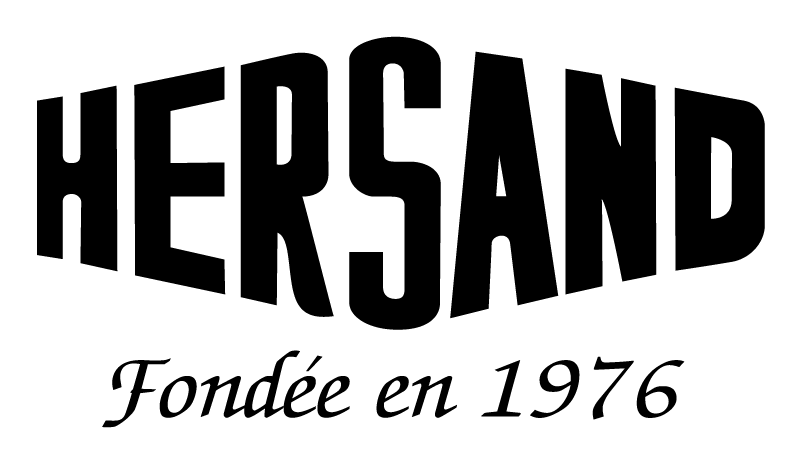About
Since 1976, Hersand has been transforming yesterday’s clothing into tomorrow’s resources
It was in 1976, in Sarcelles, that the Sztarkman family laid the foundations of Hersand. Visionary and driven by ecological convictions ahead of their time, they began their activity in a 4,000 m² warehouse with a simple yet ambitious idea: to give a second life to used clothing. This approach—combining common sense and environmental commitment—became the foundation of a unique family-run industrial project that continues to thrive across generations.
Our key figures
Employees
+
Monthly shipments sent by sea freight worldwide
+
Countries where we operate (Haiti, Guatemala, Senegal, Honduras, India, Pakistan…)
m²
Of industrial facilities in the United Arab Emirates
+
Article references
+
Tons of clothing recycled per year
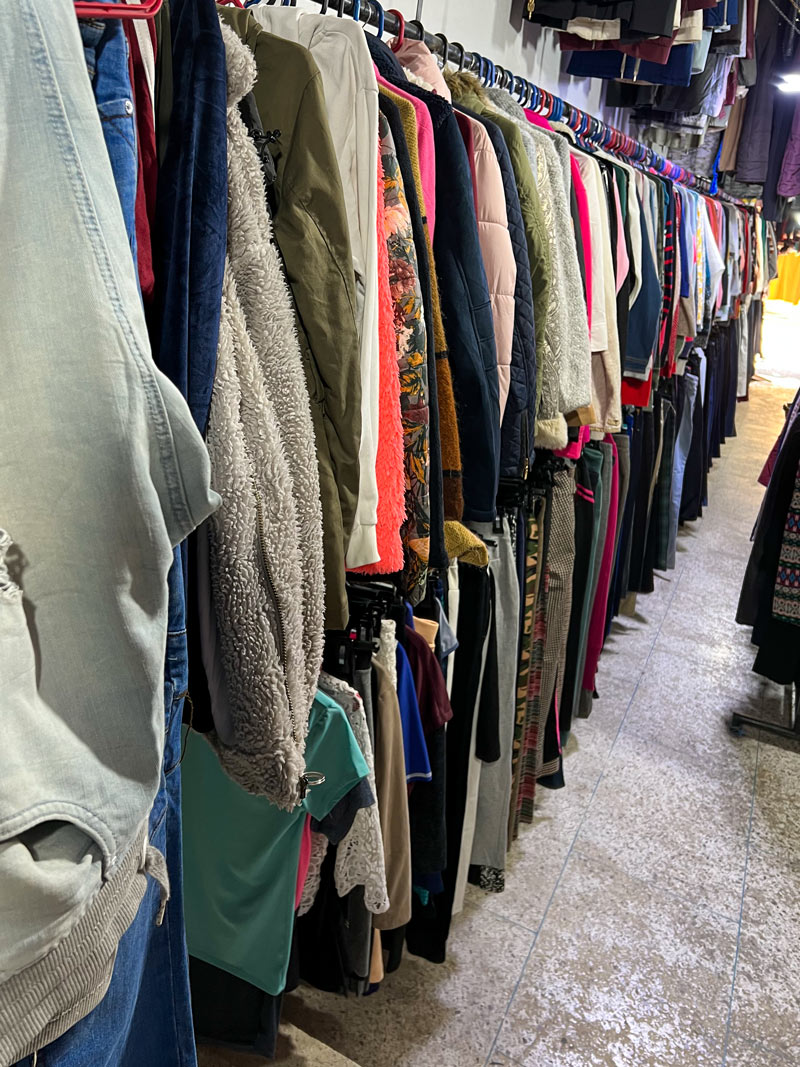
- A sustainable growth built on innovation, excellence, and responsibility.
11,000 m² near Dubai
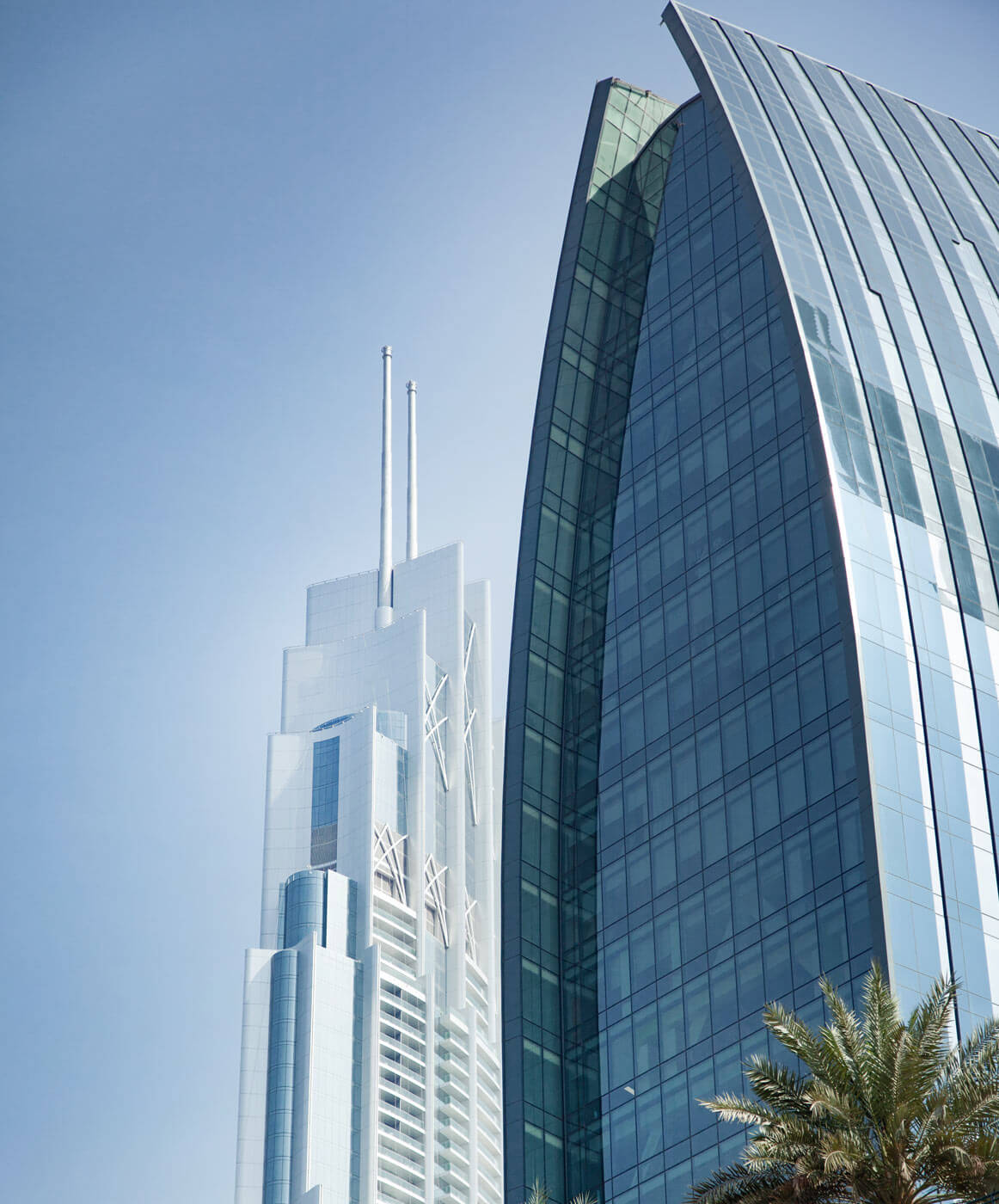
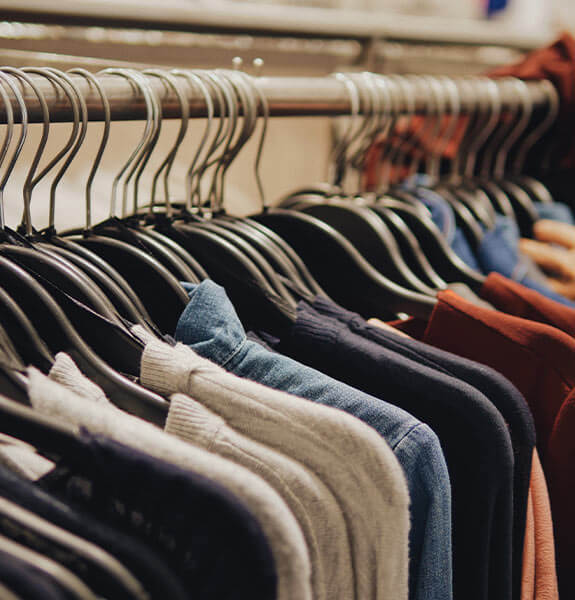
An international growth driven by innovation and trust
In 2024, Hersand reached a new stage in its international expansion with the opening of an 11,000 m² facility near Dubai, in order to meet the growing demand from markets in Africa, the Middle East, and Asia. At the same time, the company strengthened its presence in France by transferring its historic warehouse from Sarcelles to Montmagny. Today, Hersand operates in more than 30 countries, relying on a solid operational process and perfectly controlled logistics.
- 1976: 4,000 m² in France
- 2024: 11,000 m² in the Emirates
- Today: 30 countries where we operate
DEMAND, RESPONSIBILITY, AND TRANSMISSION
An unchanged mission, a renewed vision
For nearly 50 years, Hersand has upheld the same values: demand, responsibility, and transmission. From a family-owned, human-scale company, we have grown into an international player in the collection, sorting, and revaluation of textiles. Our belief remains simple: every garment deserves a second life. By giving new value to existing textiles, we contribute to the circular economy and help build a more sustainable future for generations to come.
DEVELOPMENT AND DIVERSIFICATION
Growth driven by vision and transmission
Guided by a desire for innovation and diversification, Hersand took a decisive turn in 1987 with the creation of Delaisy Kargo, a company specialized in distributing products, equipment, and professional hygiene supplies. This expansion into new markets was accompanied by strengthened expertise in textile sorting and revaluation. In 2004, the second generation took over the leadership of the family business with the ambition to anchor it in the challenges of the 21st century: circular economy, professionalization of the sector, and international development.
